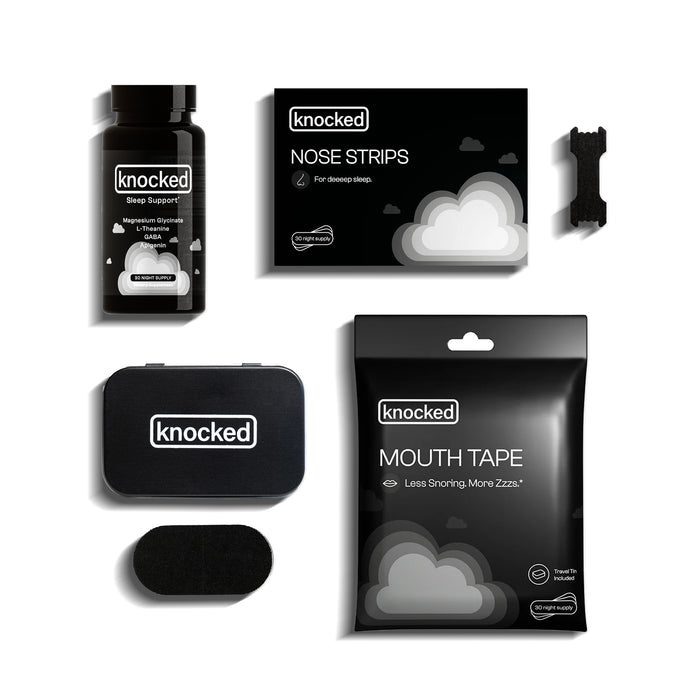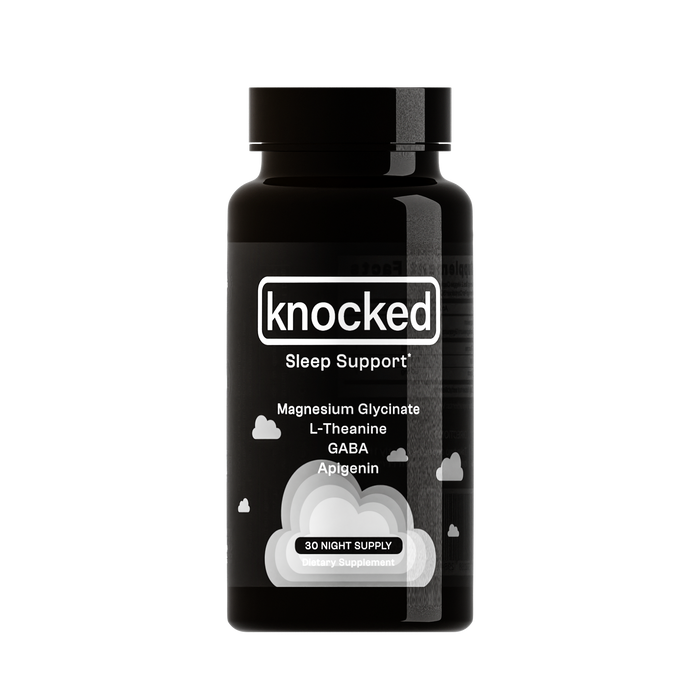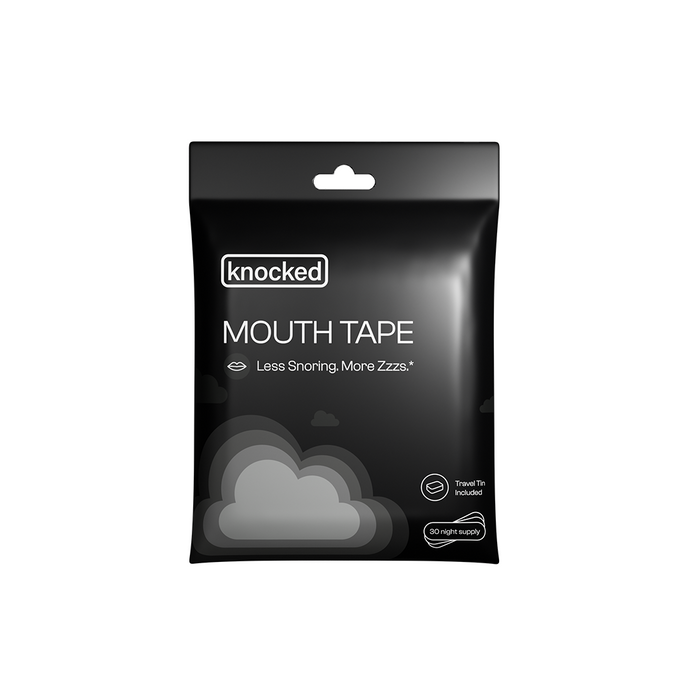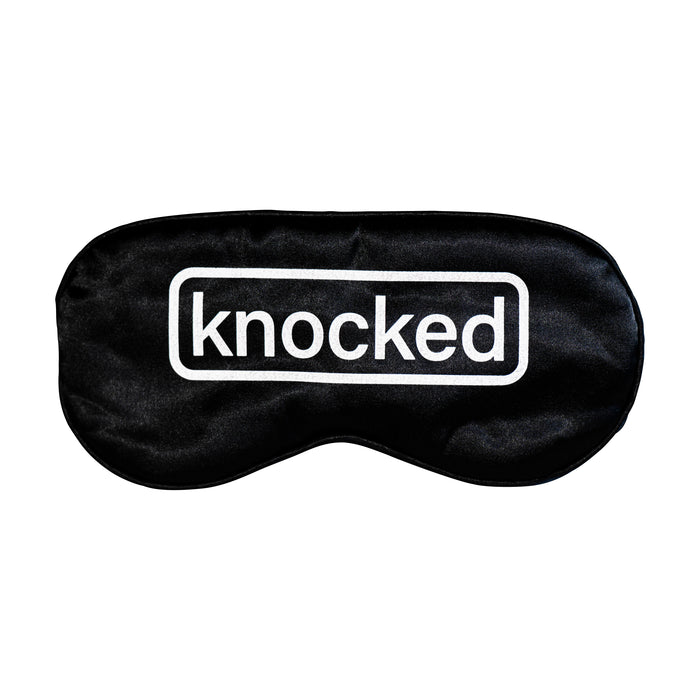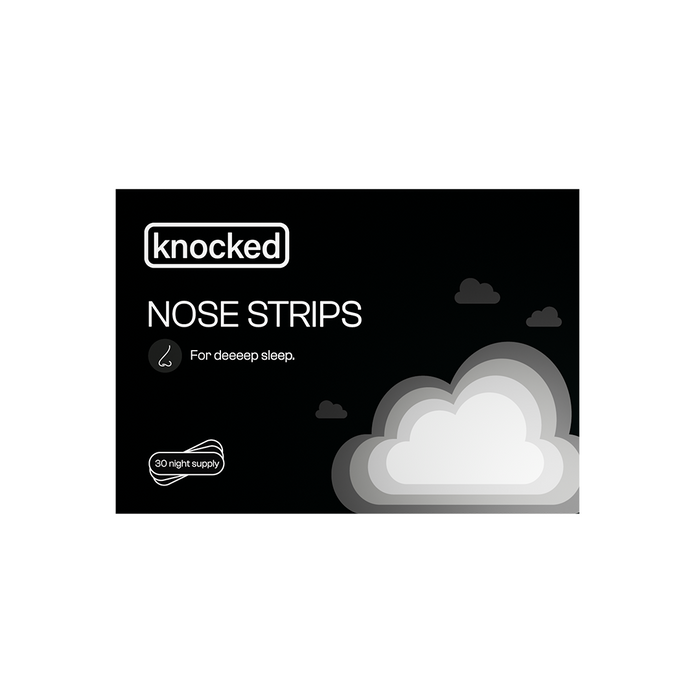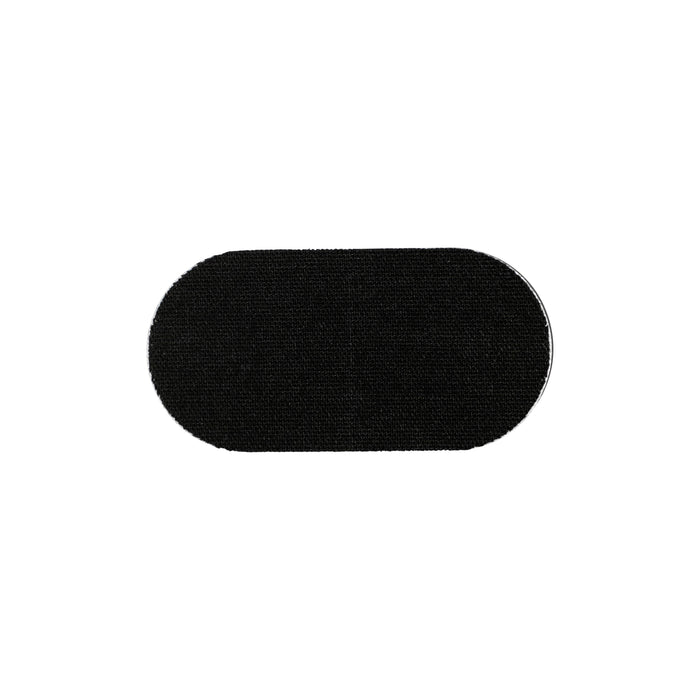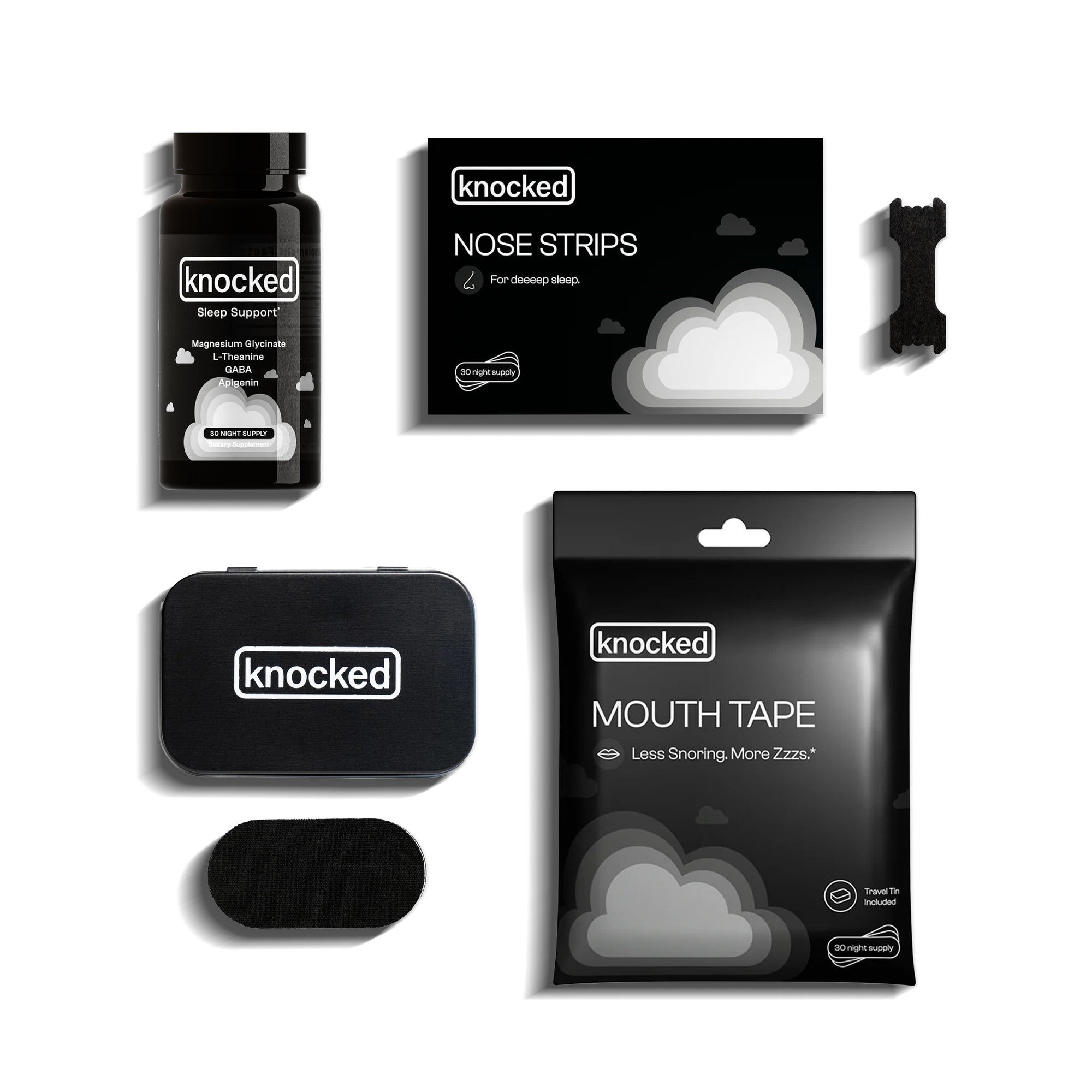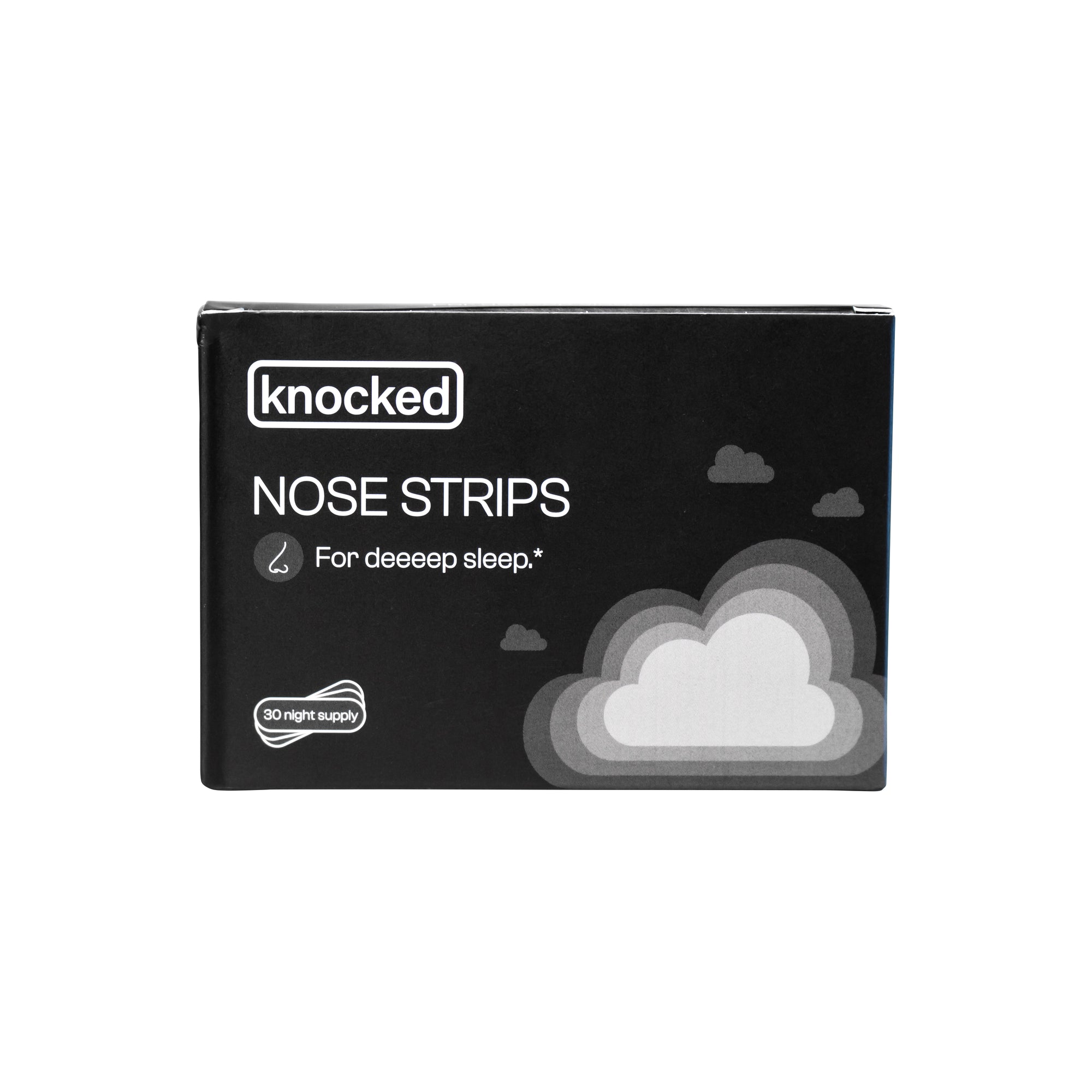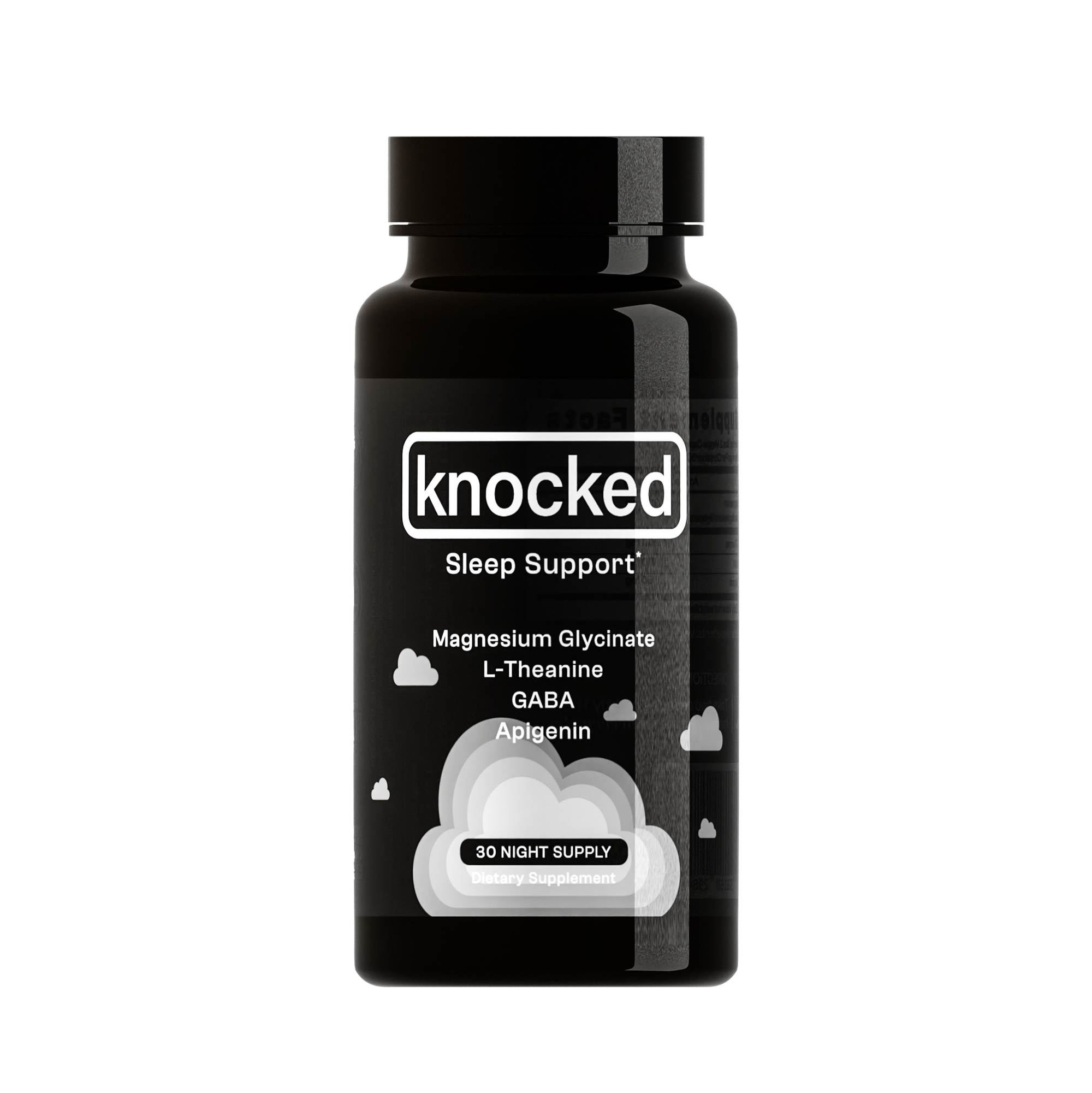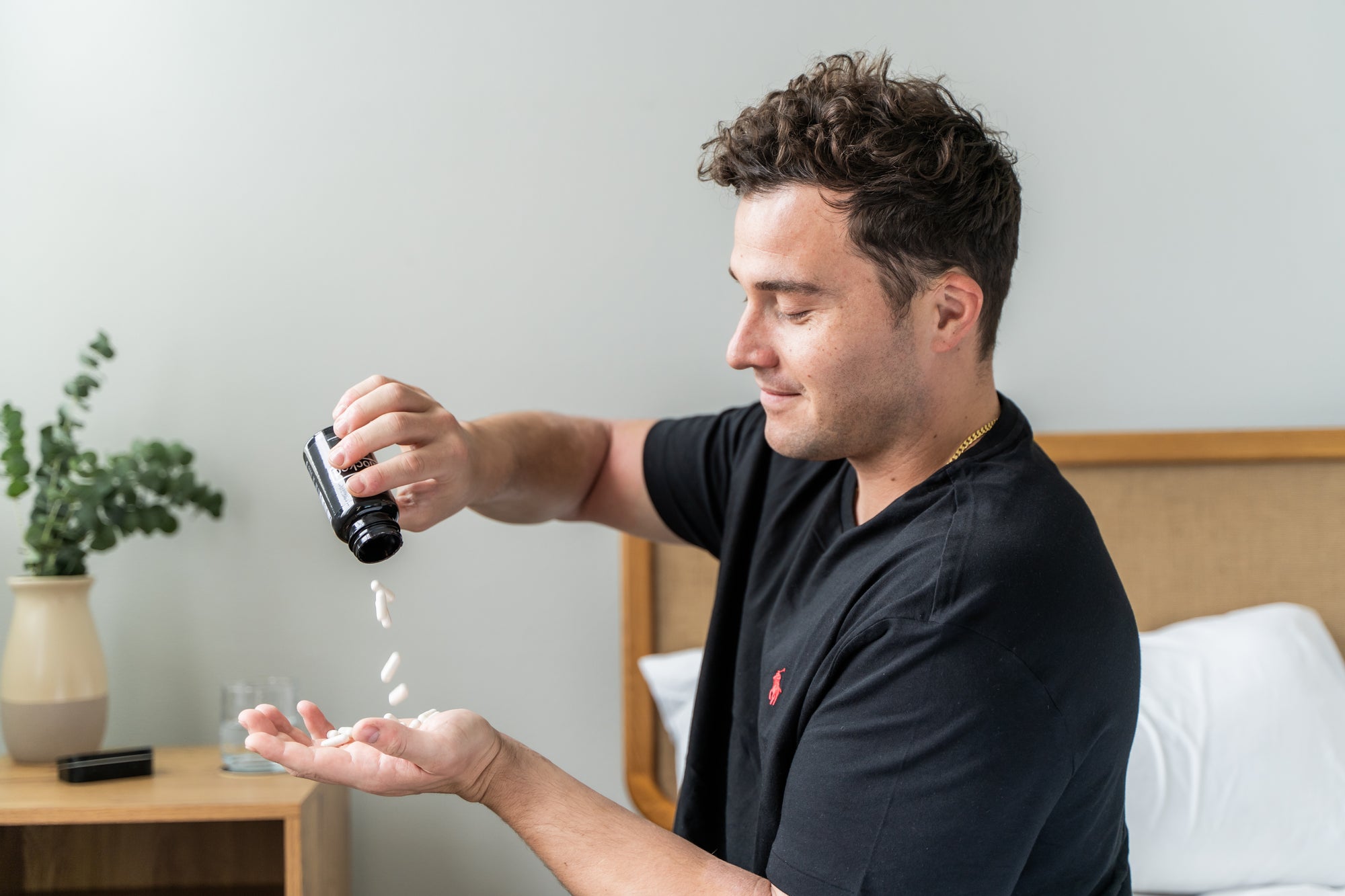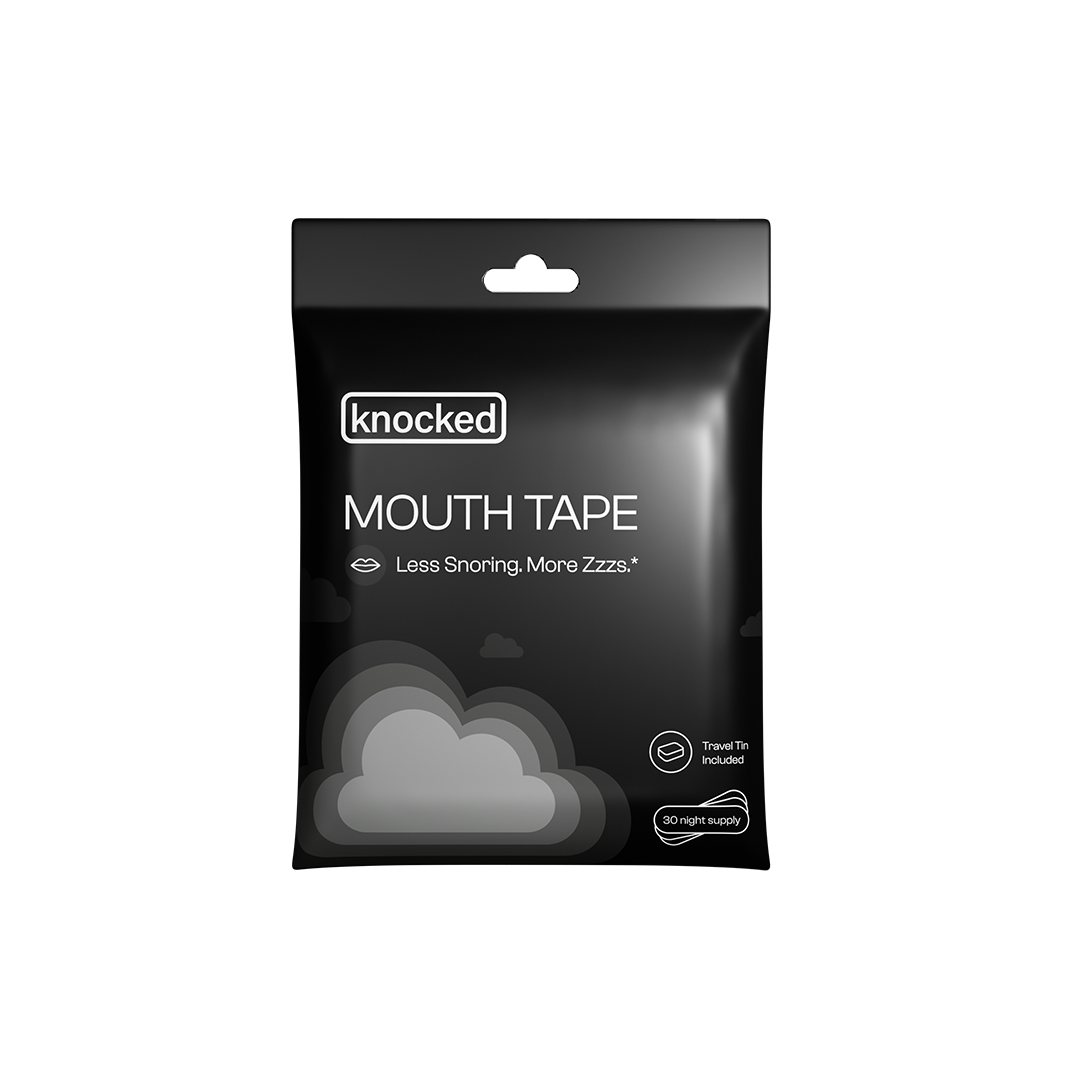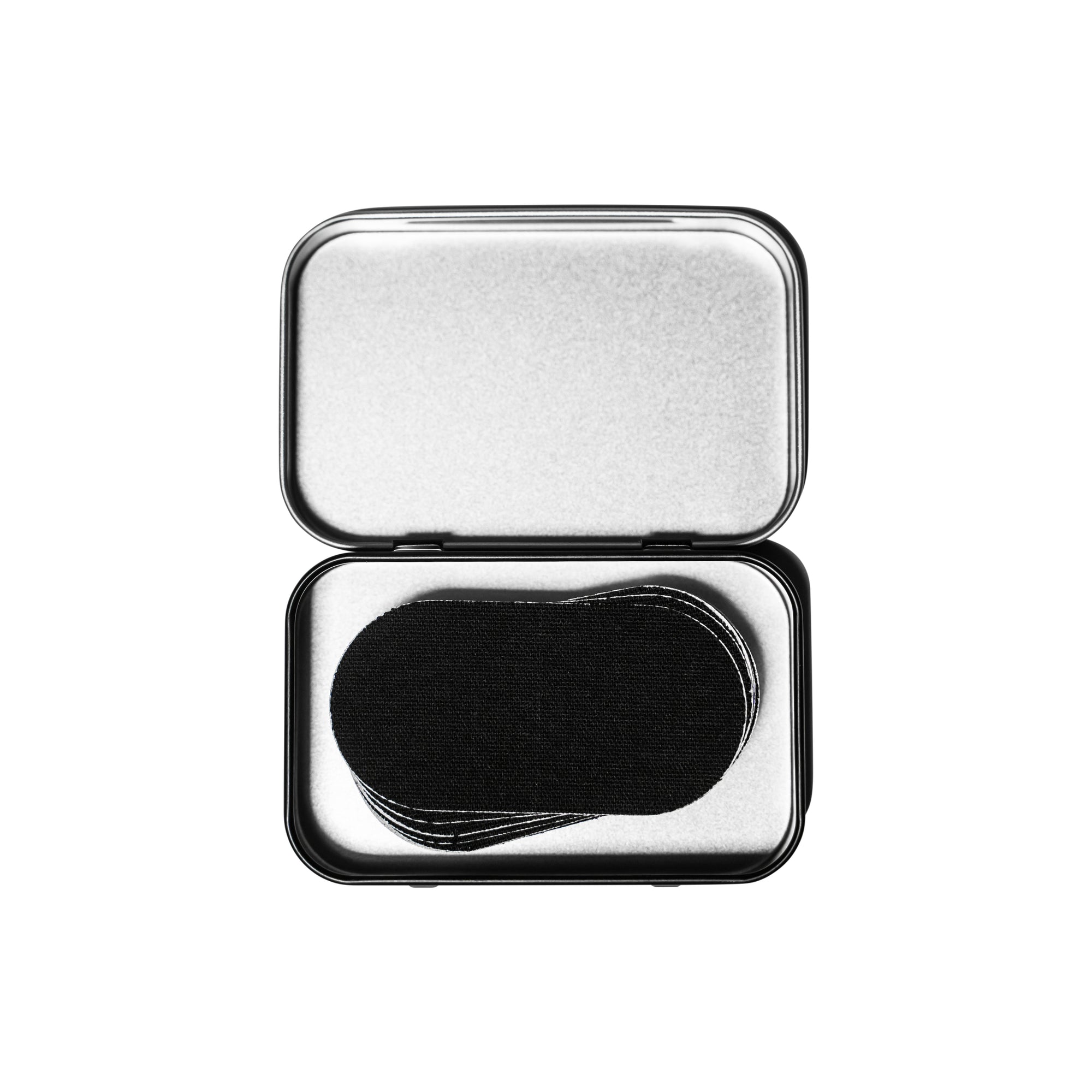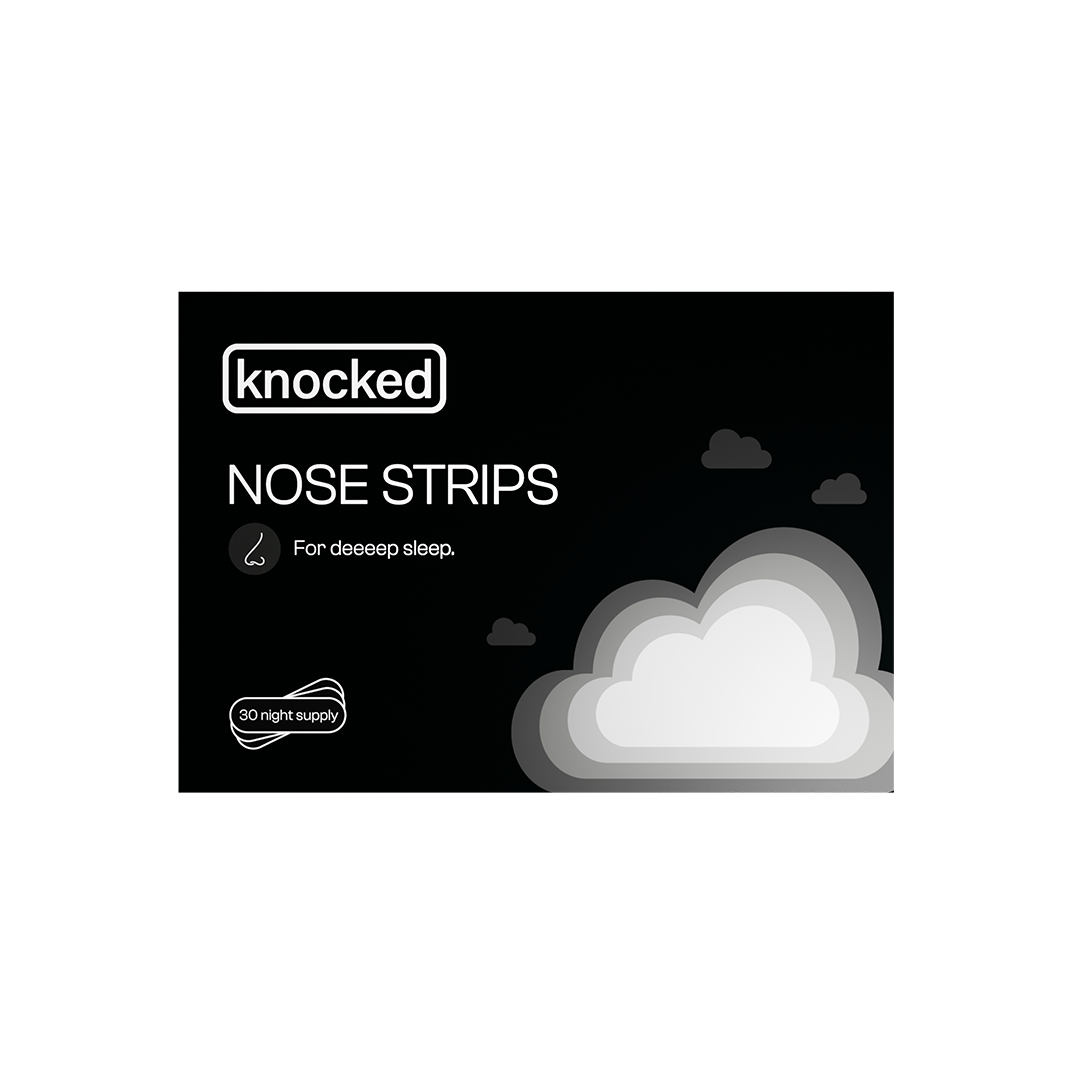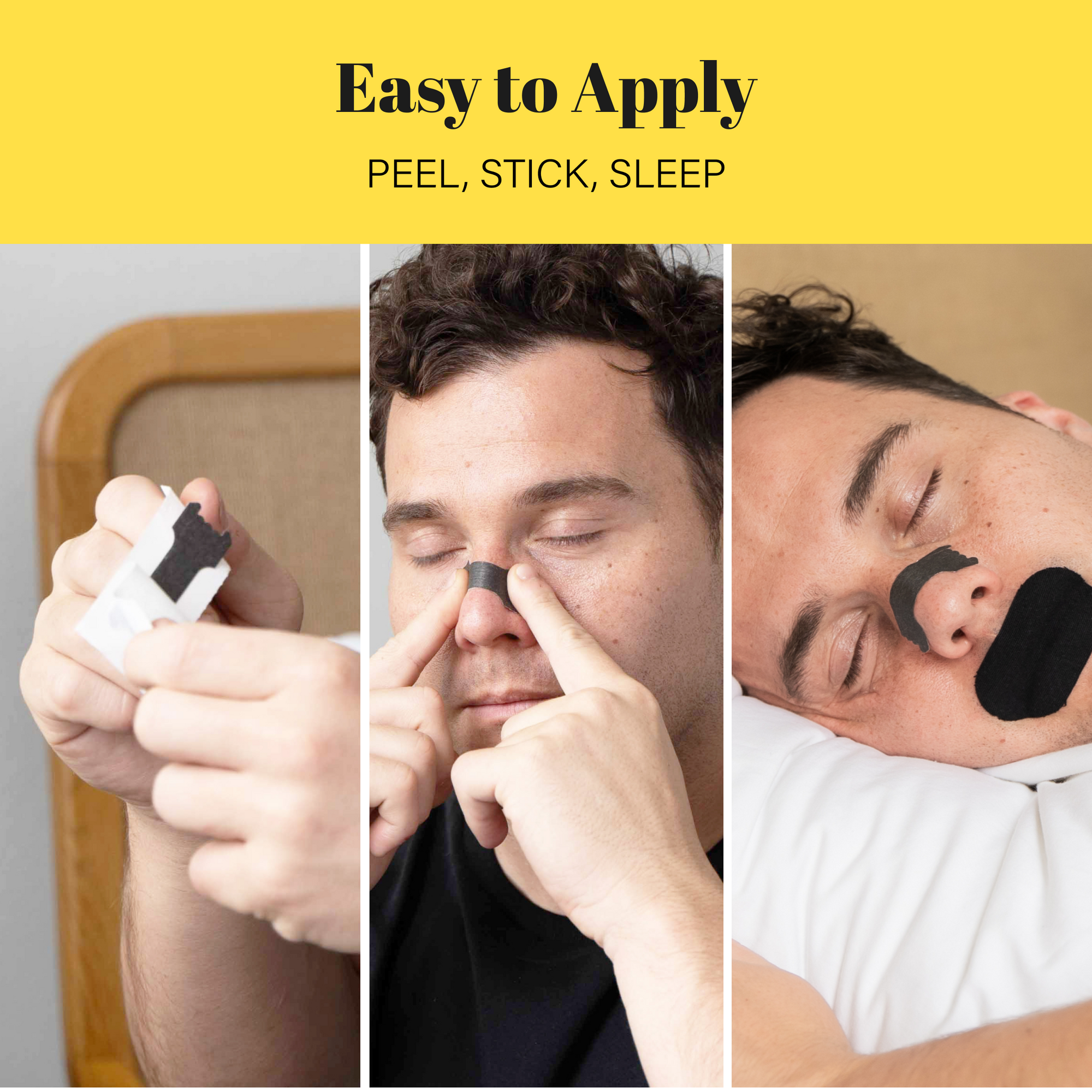Why We Sleep
Sleep isn't just a period of rest—it's a complex and essential biological process.
During sleep, our bodies repair muscles, consolidate memories, and release hormones that regulate growth and appetite. This restorative process supports both mental and physical health, helping us function at our best.
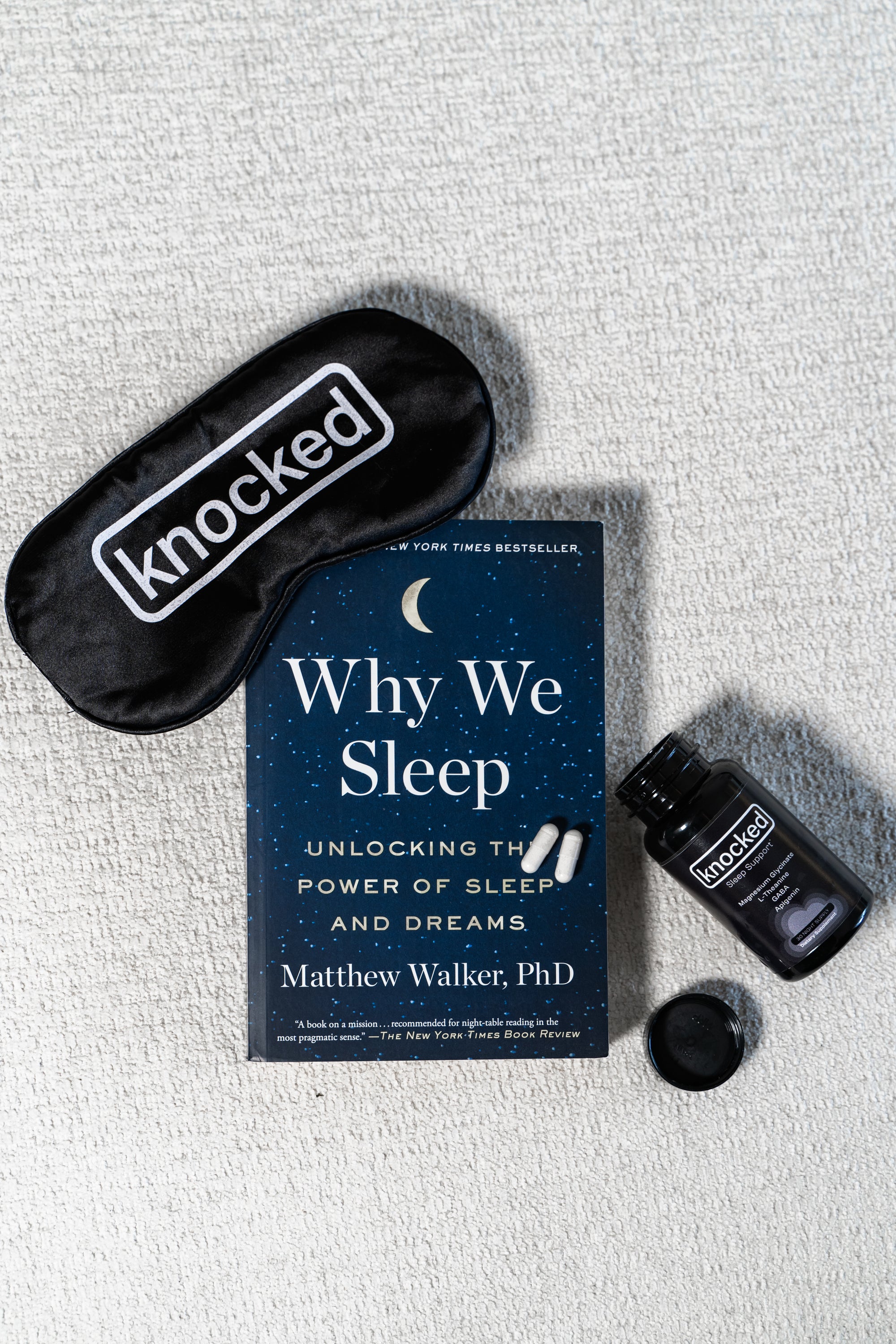
Understanding Your Sleep
Sleep Stages
Sleep is divided into two main types: Non-Rapid Eye Movement (NREM) sleep and Rapid Eye Movement (REM) sleep. These types alternate in cycles throughout the night.
Sleep Cycles
A typical sleep cycle lasts about 90 minutes and includes all stages of NREM sleep followed by REM sleep. Most people go through 4-6 ultradian cycles per night.
Circadian Rhythms
Circadian rhythms are natural, internal processes that regulate the sleep-wake cycle and repeat roughly every 24 hours. They are influenced by external cues like light and temperature.
Our Sleep Stack
We believe in a holistic approach to sleep, built on a foundation of effective, research-backed tools. Each of our products has been carefully selected to align with our hierarchy of tools for sleep, ensuring you receive the most comprehensive sleep enhancement possible.
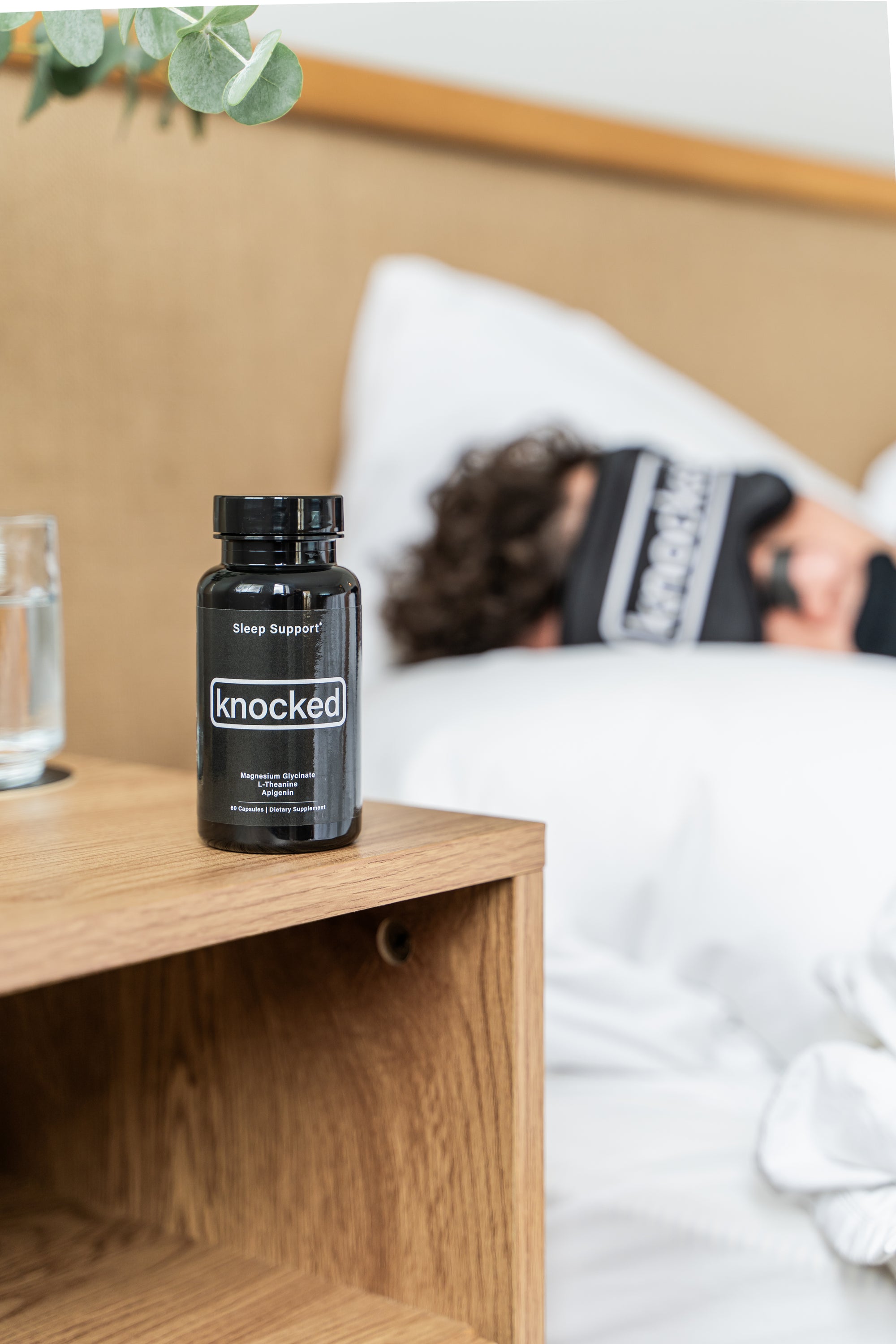
Knocked Sleep Support
Why We Chose It: Our sleep supplement is formulated based on cutting-edge scientific research. It fits into the supplementation level of our tool hierarchy, providing nutrients and compounds that support the physiological processes essential for quality sleep.
Benefits: Enhances natural sleep cycles; supports brain health during sleep; aids in the overall relaxation and readiness for sleep.
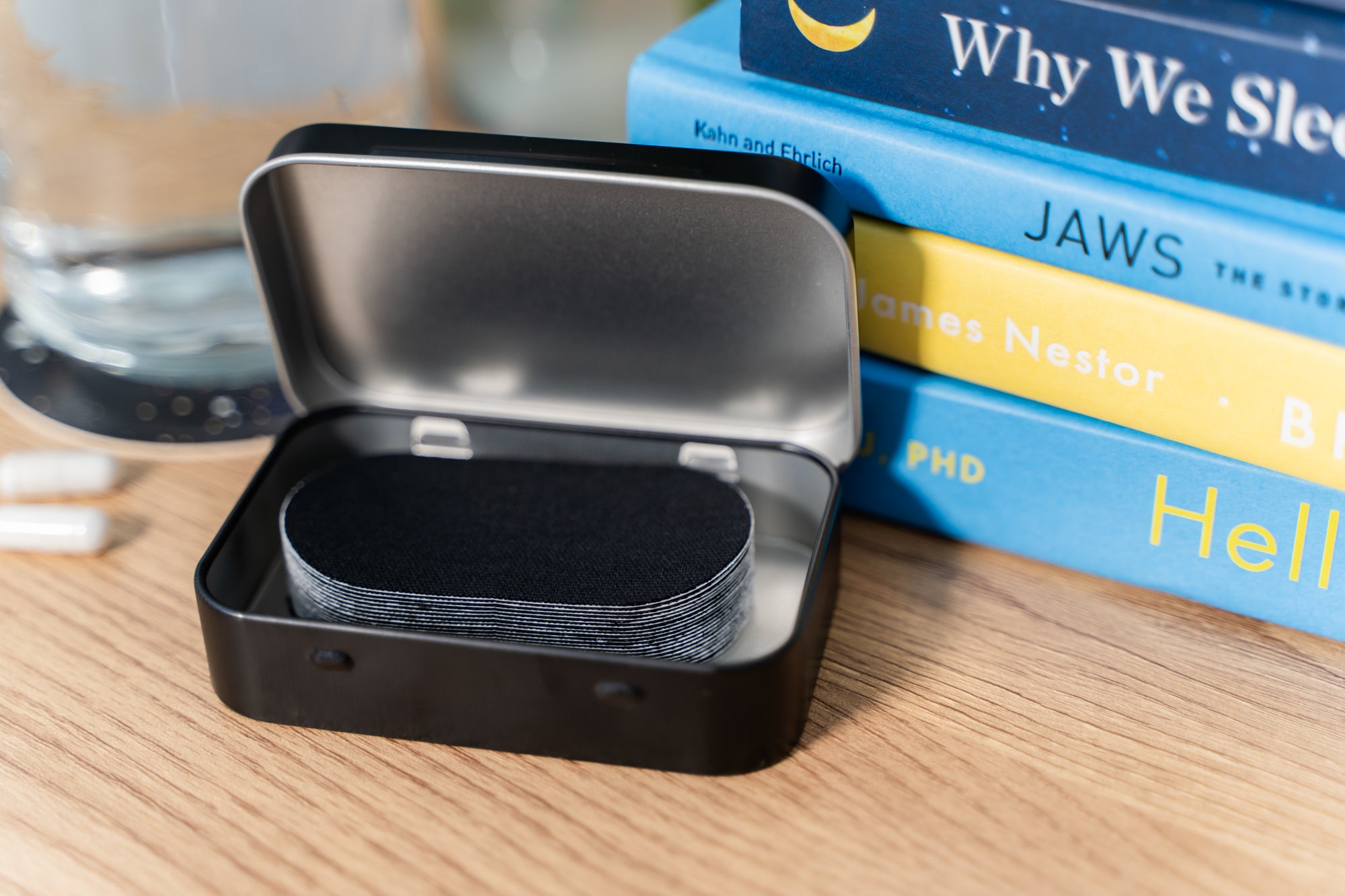
Mouth Tape
Why We Chose It: Mouth tape encourages nasal breathing, which improves blood circulation and reduces snoring. This simple behavioral tool aligns with our commitment to enhancing sleep naturally, by encouraging the body's own mechanisms for better sleep.
Benefits: Promotes deeper, more restful sleep; reduces snoring and sleep disruptions; enhances overall respiratory health.
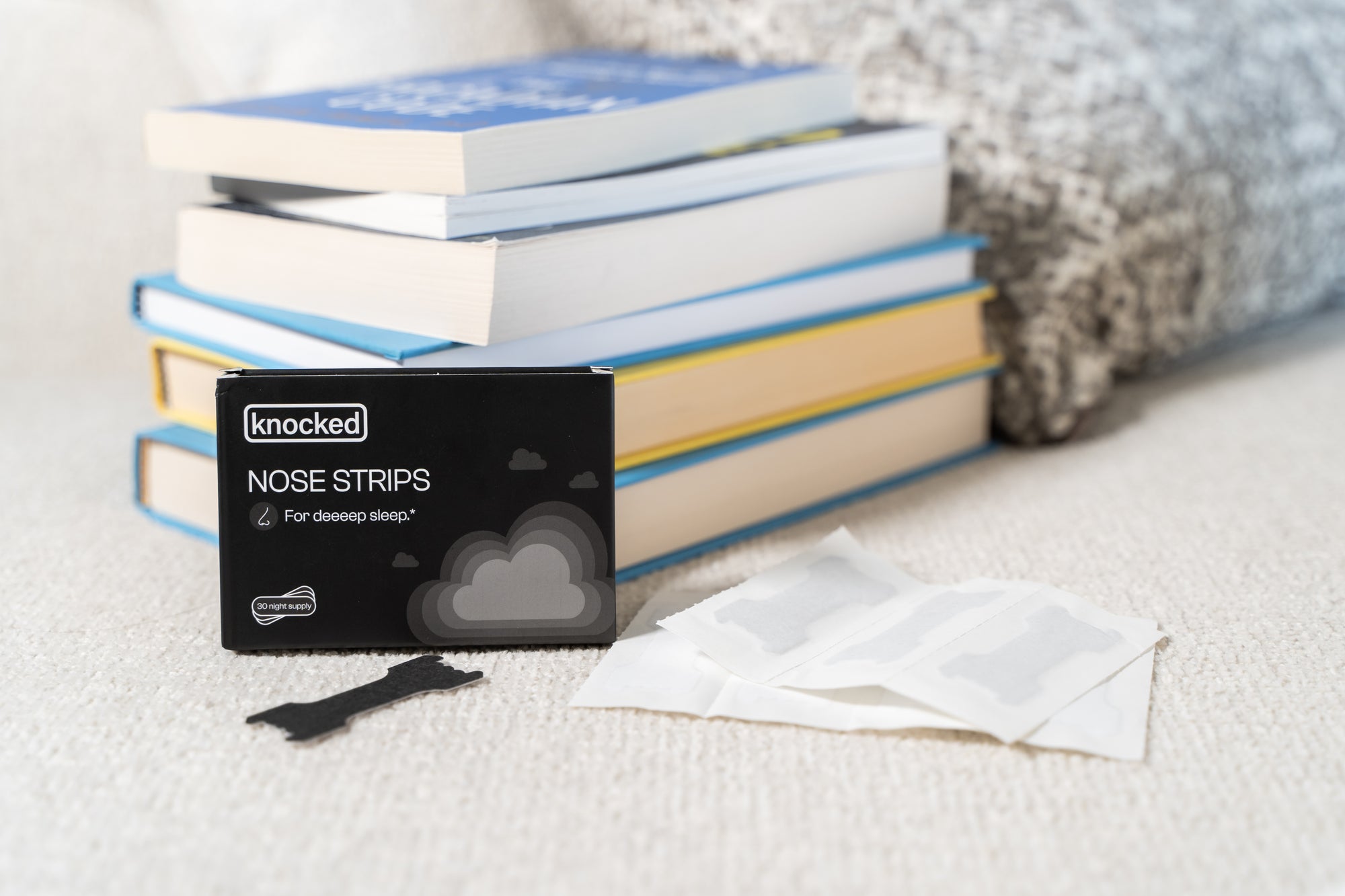
Nose Strips
Why We Chose It: Designed to open nasal passages, these strips complement our mouth tape by further easing breathing during sleep. This aligns with our behavioral tool strategy by optimizing the body’s natural ability to intake air.
Benefits: Improves air flow; reduces the effort needed to breathe effectively during sleep, which can lead to a more tranquil sleep.
Stages of Sleep
-
Wake
The first stage is the wake stage, which further depends on whether the eyes are open or closed. During eye-open wakefulness, beta waves predominate (frequency of 13-30 Hz).
As individuals become more drowsy and close their eyes, alpha waves (frequency of 8-12 Hz) become the predominant pattern.
-
Stage 1
This is the lightest stage of sleep, and it is a transitional stage between wakefulness and sleep. During this stage, your eye movements slow down and your muscle activity decreases.
It is very easy to be awakened from stage 1 sleep. Stage 1 only makes up around 5% of total sleep duration.
-
Stage 2
This is a deeper stage of sleep, and your brain waves become even slower and more regular. Your body temperature drops, your heart rate slows down, and begins to release growth hormones.
This stage makes up the majority of your sleep time and is the transitional stage between light and deep sleep.
-
Stage 3
This is the deepest and most restorative stage of Non-REM sleep, and it is characterized by the presence of delta waves (slow, high-amplitude brain waves).
This stage is also known as slow-wave sleep, and it is the stage of sleep in which it is most difficult to be awakened. It makes up about 20-25% of total sleep time.
REM Sleep
This stage is characterized by rapid eye movements, increased breathing and heart rate, and increased brain activity. This stage is also known as paradoxical sleep, because while the brain is active, the body is essentially paralyzed. During REM sleep, most vivid dreams occur.
REM sleep typically occurs in the latter half of the night, and a person will experience several REM sleep cycles during the night, lasting from about 10 to 25 minutes each. It makes up about 25-30% of the total sleep time.
The Benefits of Sleep:
✨How your brain benefits from a good nights sleep✨
-
Physical Restoration
Sleep supports muscle growth, tissue repair, and protein synthesis.
-
Hormonal Balance
Sleep regulates hormones that control appetite, mood, stress, growth, and metabolism.
-
Immune System Support
Quality sleep boosts the immune system by promoting the production of cytokines and white blood cells.
✨How your body benefits from a good nights sleep✨
-
Memory Consolidation
Sleep helps transfer information from short-term to long-term memory.
-
Synaptic Homeostasis
Sleep helps balance synaptic connections in the brain, ensuring optimal neural function.
-
Waste Clearance
The glymphatic system clears metabolic waste products from the brain.
Sleep Deprivation Causes:
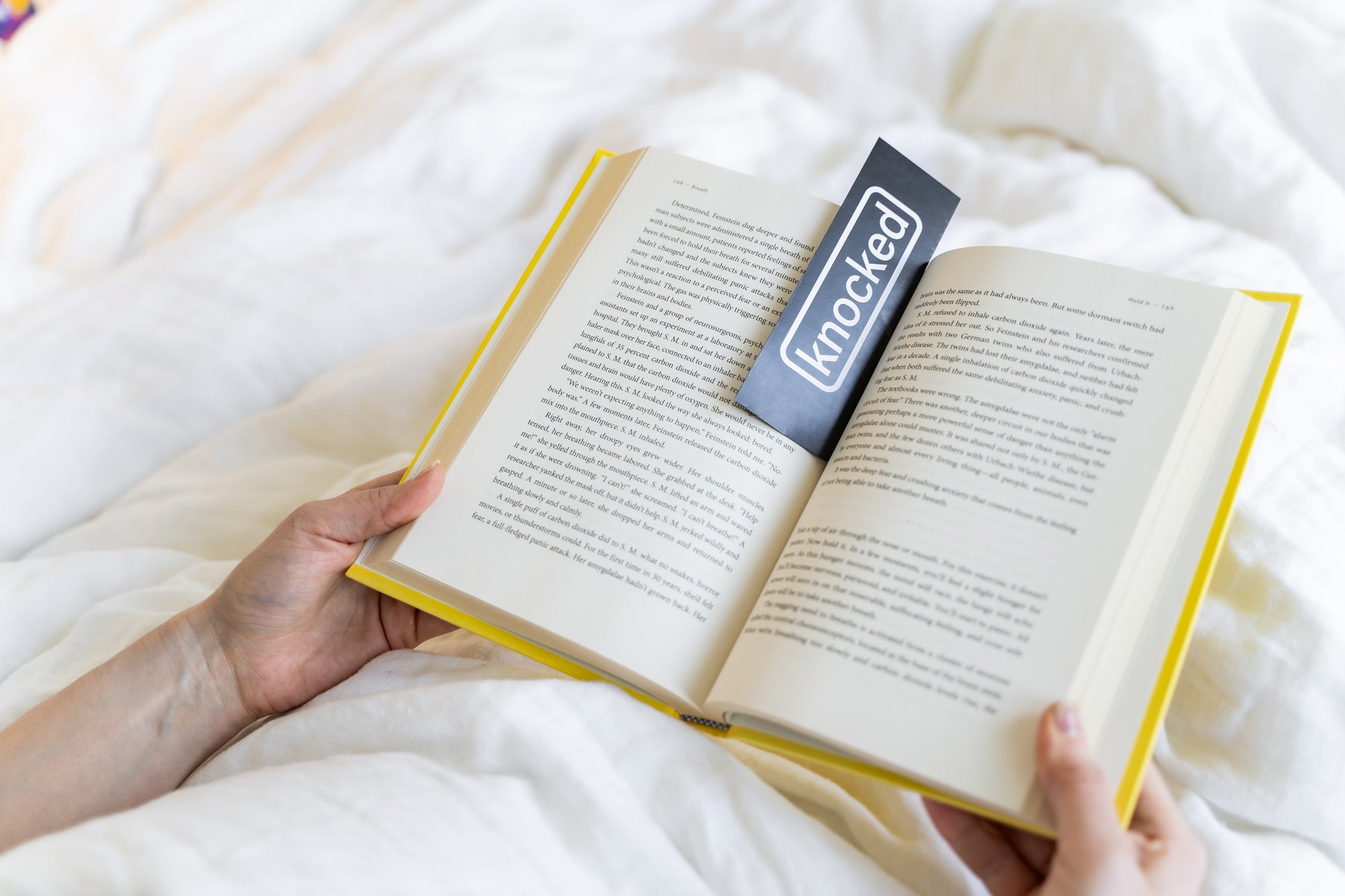
Understanding Melatonin
Your body naturally produces melatonin on its own.
Produced by the pineal gland, melatonin helps regulate sleep. Its production increases with darkness and decreases with light.
It aids in immune function, impacts your circadian rhythm and 24-hour sleep-wake cycle.
Melatonin supplements can contain up to 20x the amount your body naturally produces
Melatonin isn't regulated by the FDA, so it often contains too much or too little of the hormone. OTC melatonin has been shown to contain as little as 15% of the advertised amount and as much as 400%. Too little or too much melatonin means supplementing can actually have the opposite effect and keep you awake.
People who rely on melatonin supplements for sleep risk damaging adrenal output. Routine melatonin supplementation can also cause dependency and eventually affect your body's natural production of the hormone.
Melatonin Side Effects:
Why Magnesium > Melatonin
| Magnesium | Melatonin | |
|---|---|---|
| Supports Relaxation | ✔ Supports relaxation by activating the parasympathetic nervous system. |
✔ Aids in relaxation by mimicking natural sleep hormone. |
| Effective for Long-Term Use | ✔ Effective for long-term use without dependency risks. |
✘ Primarily effective for short-term use; long-term use may cause dependency. |
| Found in Natural Food Sources | ✔ Found in foods like leafy greens, nuts, seeds, and whole grains. |
✘ Primarily a supplement; small amounts in some foods. |
| Minimal Side Effects | ✔ Minimal side effects when taken appropriately. |
✘ Possible side effects include dizziness, nausea, and headaches. |
| Does Not Cause Dependency | ✔ No dependency risk; supports natural sleep mechanisms. |
✘ Potential for dependency with regular use. |
| Extensively Researched | ✔ Extensively researched for overall health benefits including sleep, heart, and bone health. |
✘ Mixed research results regarding its effectiveness and safety. |
| Positively Impacts Other Hormones | ✔ Positively impacts other hormones by supporting adrenal function and reducing cortisol. |
✘ May disrupt natural hormone production with long-term use. |
| Wake Up Refreshed | ✔ Wake up refreshed due to improved sleep quality without residual effects. |
✘ May cause next-day drowsiness or grogginess, especially if dosage is not well-regulated. |
